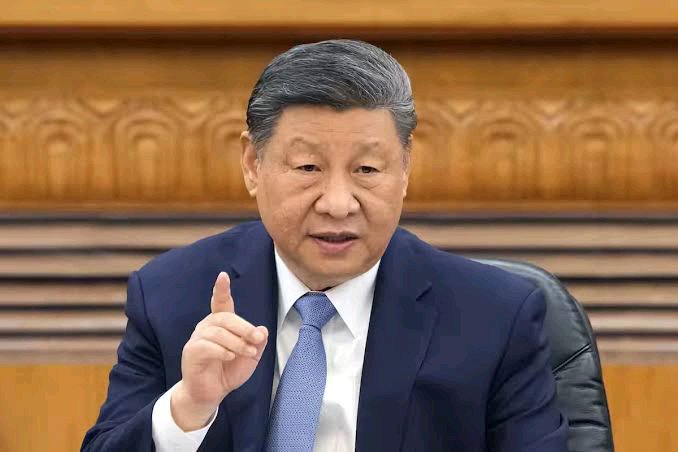According to a report by Reuters on Saturday 4 October, 2025, in Washington, a key US senator is stepping up efforts to counter China’s growing pressure on Taiwan. Senator Jim Risch, a Republican from Idaho and chairman of the Senate Foreign Relations Committee, announced plans to introduce new legislation aimed at deterring Beijing from any hostile moves toward the island.
Risch’s bill, dubbed the “Deter PRC Aggression Against Taiwan Act,” would establish a special task force led by the State and Treasury Departments. This group’s job? To quickly identify targets – both military and civilian – within China for sanctions, export controls, and other economic penalties, should Beijing decide to take aggressive action against Taiwan.
Drawing on the hard lessons learned from the sanctions imposed on Russia following its invasion of Ukraine, Risch said the United States needs to be ready to “hit China where it hurts.” He emphasized the importance of having a rapid-response framework to keep China in check if it chooses violence. The senator’s office indicated the legislation is set for introduction this coming Monday.
Predictably, China’s Foreign Ministry fired back, reiterating the firm stance Beijing has long held. According to a statement responding to Reuters, the US must respect the “one-China” principle – under which Taiwan is considered part of China – and stop interfering in what Beijing calls an internal matter. The ministry stressed that any resolution concerning Taiwan’s future is China’s prerogative alone, warning against outside meddling.
The timing of this legislative move is notable. It arrives just weeks ahead of a highly anticipated meeting between US President Donald Trump and Chinese leader Xi Jinping. Trump is reportedly eager to secure a significant trade deal with China, America’s largest economic rival, making the Taiwan issue all the more sensitive.
It’s no secret that China has never ruled out using force to unify Taiwan with the mainland, and in recent years, Beijing has ratcheted up both military drills and political pressure. The US remains Taiwan’s principal international supporter, but there’s growing concern among analysts and officials in Taiwan alike. Many worry that Trump might not demonstrate the same level of commitment to defending Taiwan as his predecessors, potentially making concessions to Beijing in exchange for trade benefits.
Meanwhile, the U.S. State Department has reiterated that Washington’s stance on Taiwan remains unchanged, opposing any unilateral attempts to alter the status quo. Analysts point out that China hopes the Trump administration will clearly reject Taiwan’s independence, unlike the Biden administration’s more nuanced position of non-support.
Risch’s legislation is just one piece of a broader push on Capitol Hill, where lawmakers on both sides of the aisle are rallying to send a strong message: The United States will not back down on Taiwan, and it will be prepared to respond decisively to any Chinese aggression. See, More, Here>>>
Explore More News By Using The Button Above

